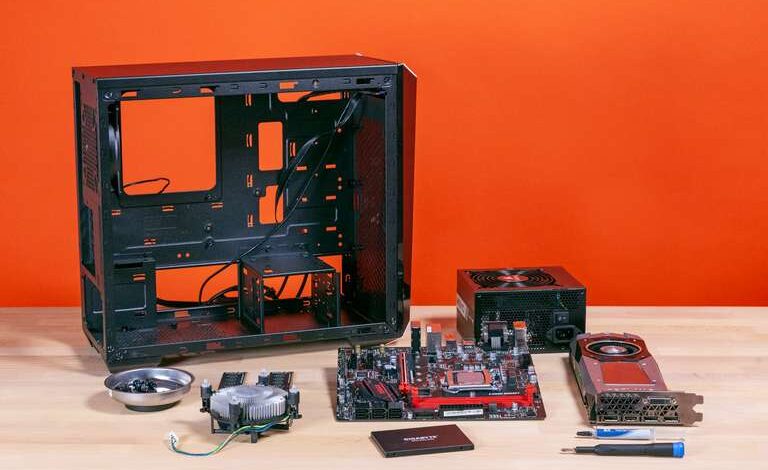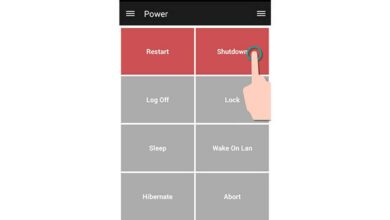
A computer system is made up of the hardware and the software that work together to carry out the computing tasks. Computer software cannot work without hardware. The two are interdependent. Now, what is computer hardware? This includes the physical parts of the computer that can be seen and touched; rather, the tangible parts.
These are parts such as the central processing unit, the monitor, the keyboard, the graphics card, the computer data storage, the speakers, the motherboard, and so on.
Sometimes you may need networking hardware such as the Cisco WS-C3560CX-12PC-S switch for your internet and data exchange purpose. This is still part of the computer hardware that your business or company may require. Or you might want Siemens’s PMI80-F90-IU-V1 for your business to run at optimal speed. Having discussed the above, you need to note that most of the computer hardware parts may have to be bought separately from your computer.
So, how does one go about this?
Here are tips on how to find the right hardware for your computer:
1. Get the input of team members
When it comes to the acquisition of computer hardware, you must get the input of your team members. The kind of hardware that you buy for your computer will be guided by the purpose of the computer. For example, for graphic designers or web developers, machines with high RAM, CPU, and quality video cards will be required. You may also consider the mobility of the hardware and the ease of use of the machines.
In essence, for a company, you need to understand the needs of the team members based on the roles they play in the company. As such, you have to identify the right hardware and software that meets their demands.
2. Cheap is not better
You may be tempted to buy computer hardware that is cheap for your pocket. Remember that these computers and parts may not last long. You do not want to replace devices or computer peripheries all the time.
When it comes to desktop PCs, these can always be updated or upgraded with newer or better components. This can extend their usefulness or avoid their obsolescence. You may for instance buy a bigger RAM, new mouse, newer or better external speakers, and so on.
3. Consider manufacturer service
You should consider the services of your manufacturer before you decide to buy computer hardware. You need to be sure of the policies of the OEM and what kind of services they extend to people who buy hardware from them. This can affect the overall cost of the computer hardware you buy. Therefore, while your visit the manufacturer’s website, consider the following things that you must read, and pay your attention:
4. Check Suppliers of Refurbished Hardware
Some parts, components, or hardware may no longer be available in most shops. Your best bet is to check suppliers of refurbished IT items as they may have discontinued items or old models and components. You can even find fully functional computer models that have been phased out and buy them for lower prices. So if you’re having a hard time finding what you need, search for suppliers of refurbished hardware.
The return policy- this is a very important aspect of the hardware you buy. Does the manufacturer allow you to send back faulty computer hardware or parts? Are there any associated costs with returns? How long will it take the returned product to be replaced?
The warranty- warranties are very important when it comes to computer hardware. These cover equipment defects and malfunctions that are not caused by the user. The longer the warranty period for the hardware, the better for you.



